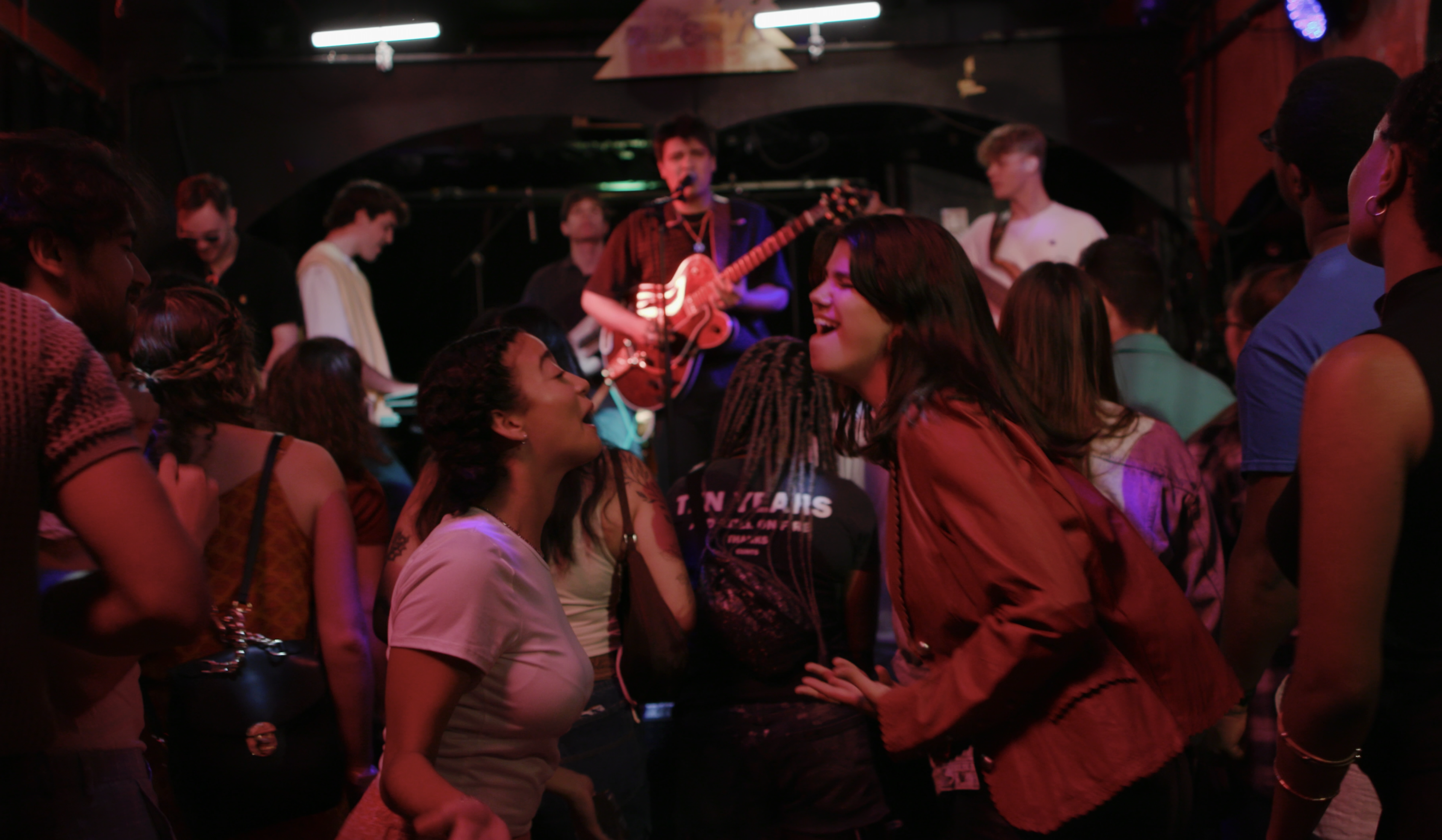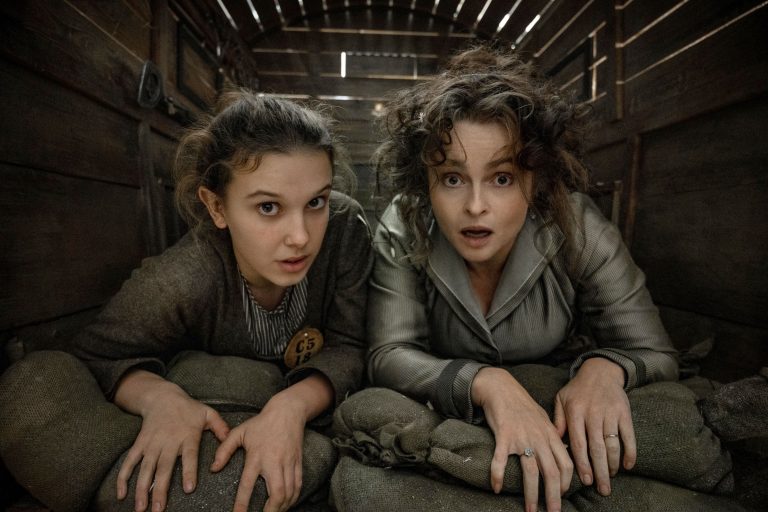In many ways, Catherine Argyrople’s “Growing Pains” is the perfect directorial debut. It is a film by and about women, firmly rooted in female-centered experiences that revolve around adolescence and the trials that come with it. The characters at the heart of this coming-of-age tale — teenage best friends Nat (Deanna Tarraza) and Zoe (Molly Morneweck) — undergo personal hardships that teenage girls often face but are unable to tell each other about how they truly feel, as they find themselves drifting apart.
As two middle schoolers on the verge of experiencing the highs and lows of high school, Nat and Zoe navigate this transitional period in ways that make them feel invisible, vulnerable, exposed, and terribly lonely. However, the authentic gravitas of these essential moments is deeply undercut by the film’s feeble artistic core, where shoddy performances and a weak script majorly undermine an important story woven together from the perspective of a promising filmmaker.
It is crucial to preface that a chunk of the cast does not have a background in acting, except Deanna Tarraza and Deb LeClair (who plays Zoe’s mother, Elena), and this does hamper aspects of the story that demand strong, nuanced performances. Per Northeastern Global News, Argyrople found most of the teenage cast through her high school contacts and made a conscious choice to make sure that 80% of the cast and crew were women and non-binary folks. This is a step in the right direction, of course, especially for a deeply personal film that is filtered through the female gaze, but these sincere intentions ultimately fall short when it comes to the narrative heft in “Growing Pains,” which ends up feeling half-baked and hollow.
What is admirable is how Zoe’s arc as a cancer survivor experiencing body-image issues has been handled, and it forms the most authentic aspects of an evolving story about, well, growing pains. A scar on Zoe’s stomach serves as a perpetual reminder of her status as a cancer survivor, making her feel like she can never shed that part of her childhood, as this will define her forever.

This is entwined with her distorted perception of self: she feels fat and develops an unhealthy relationship with food while being determined to attain a certain weight to be a part of the lightweight wing of the school’s rowing team. There are near-invisible external contributors to this insecurity, such as the older rowing teammate, Sam (Caeley Gale) casually fat-shaming a girl, or the bafflingly irresponsible rowing coach asking Zoe to drop a few pounds to make the lightweight team.
On the flipside, we have Nat, who has a controlling father preventing her from doing anything else during the summer except work in the family restaurant every day. This is a major factor that contributes to the growing divide between the girls, but Nat finds a semblance of happiness after meeting Lexie (Maia Isabel Frias), her co-worker, whom she has a crush on.
Nat’s struggle with her sexuality is explored to an extent, but there is a lack of nuance here, and this arc suffers immensely due to a lack of subtlety. Nat’s grief about her sick abuela intertwines with the fact that her father refuses to accept her sexuality, but these raw emotions are not allowed to marinade or actualize in meaningful ways. Every genuine, unstated moment is immediately overshadowed by a dramatic follow-up, and the dire lack of subtextual layers renders much to be desired.
There are attempts to provide social commentary on a lot of issues, including the pressures faced by teen athletes, the repulsive entitlement of teenage boys when it comes to female autonomy, the hollowness of peer pressure that leads to unsafe circumstances, and how often bigotry is hidden under the guise of familial tough love. But none of it is fleshed out or parsed through a lens that says anything new, relegating “Growing Pains” to a kind of coming-of-age story that has been told many times over, even though Argyrople’s shimmeringly sincere intent is felt throughout this debut.





![Hawk’s Muffin [2022]: ‘IFFR’ Review – A Metaphor for Perpetual Human Conflict Enveloped in Dystopian Science-Fiction](https://79468c92.delivery.rocketcdn.me/wp-content/uploads/2022/01/Hawks-Muffin-Still-9-768x432.jpg)


![Dinner in America [2020]: ‘Fantasia’ Review – An anarchic and unusual rom-com with a ‘Napoleon Dynamite’ hangover](https://79468c92.delivery.rocketcdn.me/wp-content/uploads/2020/08/Dinner-in-America-Movie-Review-Highonfilms-1-768x320.jpg)